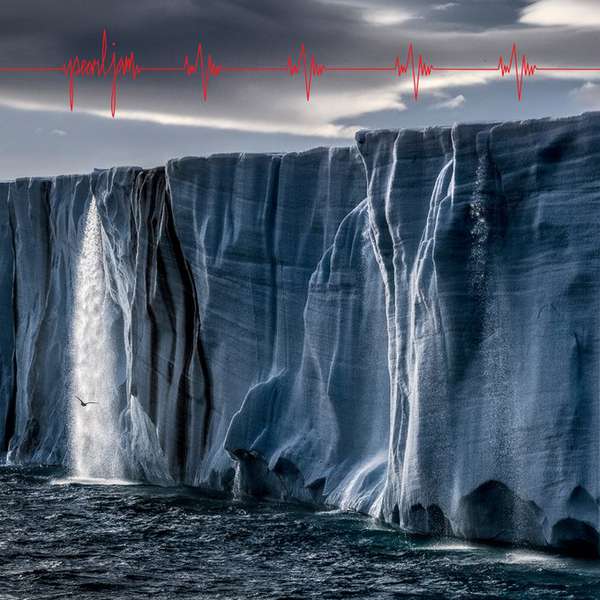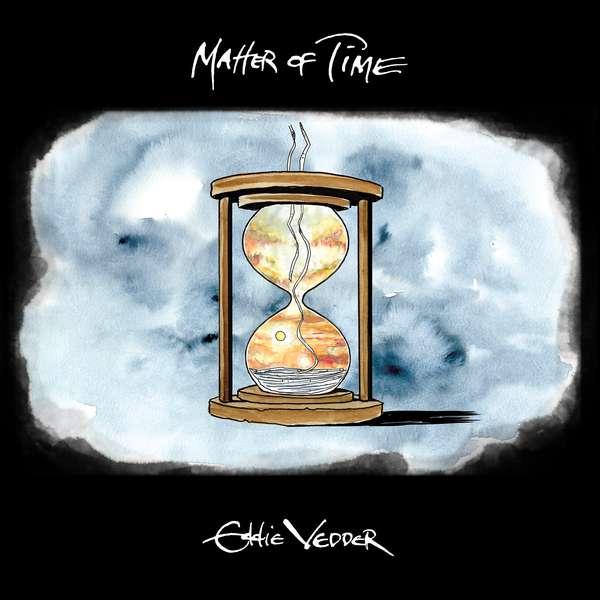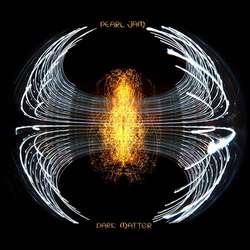In a culture of such immediate gratification, immediate information, and immediate reaction, seven years is a long time to wait for an album. Seven years in a country that’s seemingly seen more regression than growth can make the wait for relief seem twice as long. The upside is that the relief can also seem twice as invigorating once it arrives. Such is the case with Gigaton. A flawed, but welcome answer to the questions of the day.
Like any band that’s been around longer than 20 years, the question of relevancy has a way of tainting new material. Does it sound influenced by the times? Is it trying too hard? Are they phoning it in? Any and all of these questions have been hurled at Pearl Jam over the years. And they’ve managed to dodge these bullets with relative ease because despite whatever changes to their business model they’ve had to make over the years, at the end of the day, they’ve made more of an effort to maintain their integrity at a time when integrity is not only not a commodity, it’s a downright detriment in the business.
After a brief, ominous intro, “Who Ever Said” starts things off with a stomping backbeat reminiscent of the band’s earlier work and is probably Pearl Jam’s strongest opener since 1998’s "Brain of J. Vedder" sounds solid here, with a hint of the anger shown on the band’s stronger tracks.
“Superblood Wolfmoon” follows quickly - keeping the quick-breath tempo while threatening the good will earned thus far with overly earnest lyrics thankfully silenced by a welcome McCready solo.
There’s been much said of the album’s lead single “Dance of the Clairvoyants” and whether the change in the band’s sound would be indicative of the rest of the album. Rest assured this is a Pearl Jam album to the core, albeit with a few divergents - just enough to scare the straights.
One thing the album has in its favor right off the bat is production duties being taken over by the band and Josh Evans. The tepid sound of previous efforts like "Backspacer" and "Lightning Bolt" really did come close to sending the band into the dad-rock netherworld. Gigaton takes a warm, balanced approach to the Pearl Jam sound and really punching up the drums and finally giving Matt Cameron the studio oomph he’s needed since joining the band in 1998. This is never more evident than on “Take the Long Way”, a tune helmed by Cameron in every sense, showcasing some of his best work to date with the band.
“Quick Escape” provides one of the aforementioned divergents, but it looms large with a dirty, bordering on downright filthy bassline courtesy of Jeff Ament.
A Gigaton is a unit of mass equal to one billion tons, and in the case of the album - as evidenced on the cover is meant to signify the amount of ice being lost in the Antarctica each year. But a gigaton is also a measurement of explosive energy equal to one billion tons of TNT. And it’s that energy where the album falls short to a degree, losing momentum about 3/4 of the way, giving way to the final quartet of quieter, pensive songs that would have been better served as brief respites placed throughout an otherwise intense listening experience.






